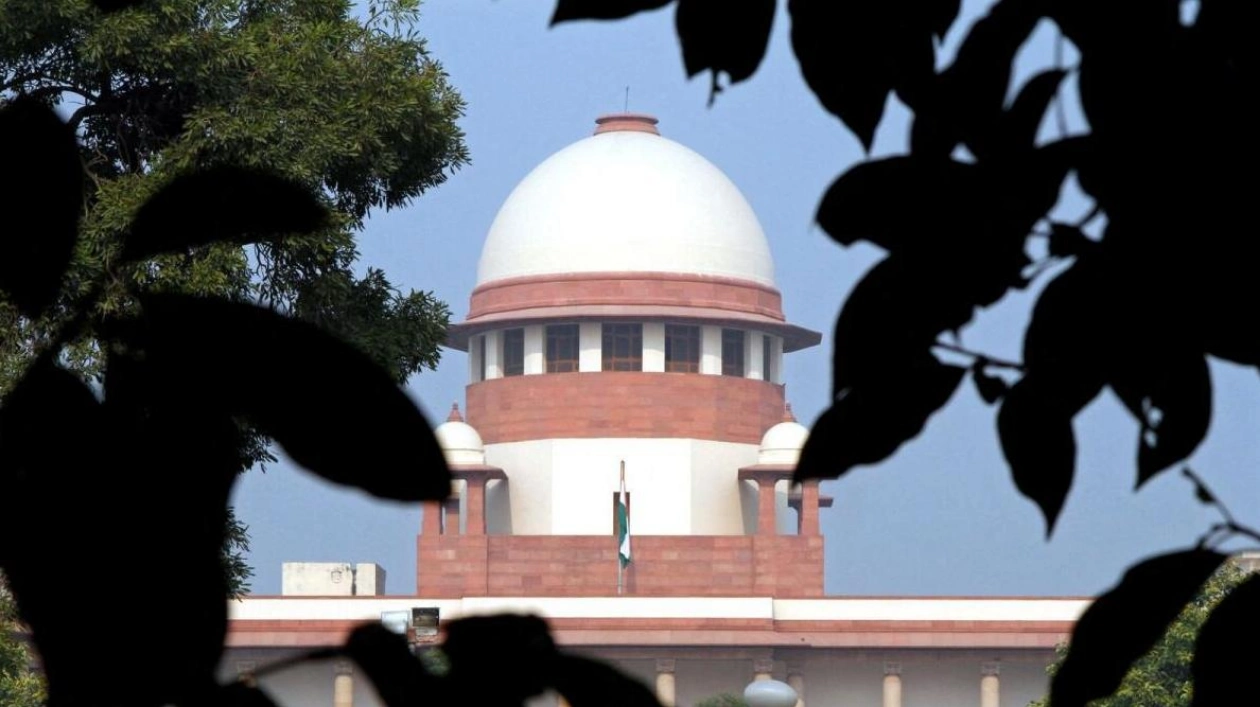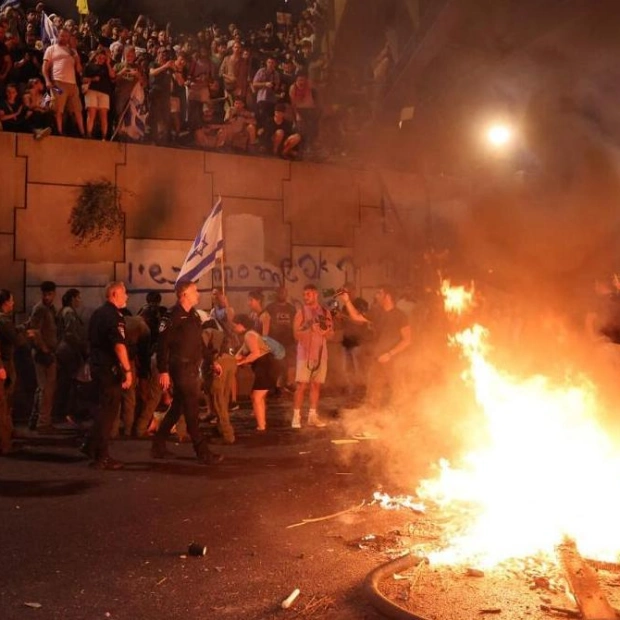India's highest court has instructed authorities to halt the demolition of private property as a punitive measure against individuals accused of criminal offenses, criticizing the practice known as 'bulldozer justice'. The administration of Prime Minister Narendra Modi has often utilized bulldozers and excavators to raze properties belonging to those awaiting trial, asserting that this action is aimed at illegal constructions and serves as a robust response to criminal behavior.
The Supreme Court, currently reviewing a series of petitions challenging this initiative, has requested the government to suspend these operations until the next hearing on October 1. During a recent session, the court stated that this practice amounts to 'running a bulldozer over the laws of the land'. The judges further emphasized that 'alleged involvement in crime is no basis for the demolition of a property'.
Human rights organizations have denounced this strategy as an unlawful form of collective punishment, frequently targeting India's minority Muslim population. Justice Bhushan Ramkrishna Gavai, one of the three judges presiding over the case, remarked that 'even if he's a convict, the demolition cannot be executed... it can only be carried out according to the procedure established by law'.
This campaign initially commenced in 2017 in Uttar Pradesh, a state governed by Yogi Adityanath, a Hindu monk considered a potential successor to Modi and a pivotal figure in the ruling Bharatiya Janata Party (BJP). Since then, it has extended to several other BJP-controlled states. Officials maintain that these demolitions are lawful, as they exclusively target structures built without legal authorization. However, victims of this campaign refute that their homes are illegal and claim they are not provided with the necessary notice period to contest demolition orders.
Amnesty International has asserted that these demolitions are part of a targeted and 'vicious' crackdown on Indian Muslims who voice dissent.






